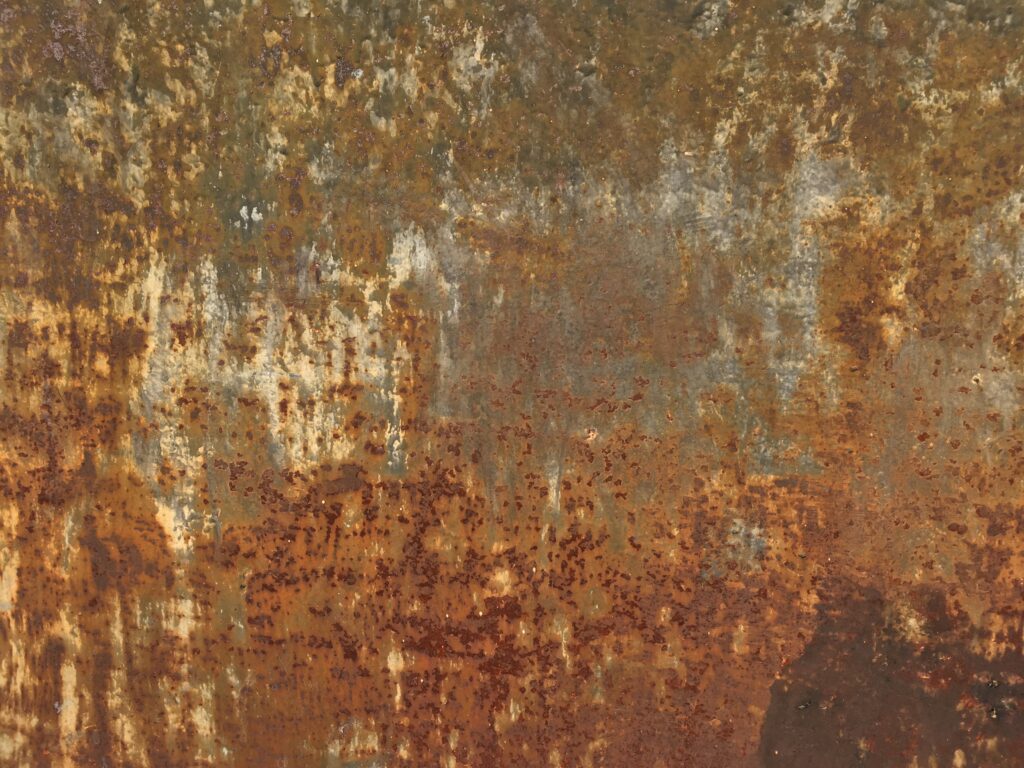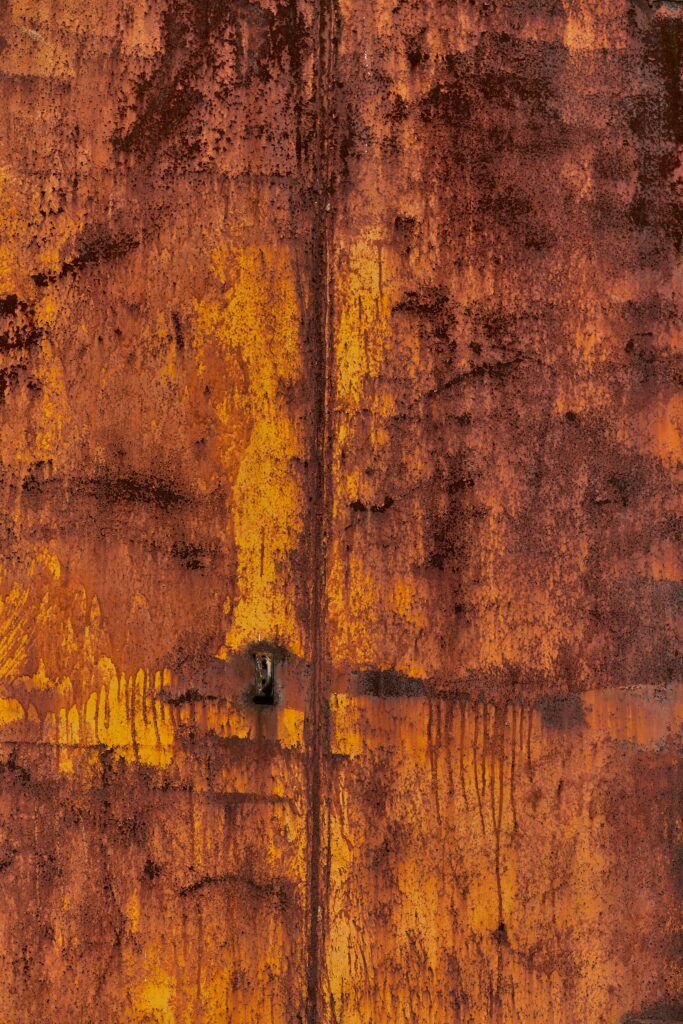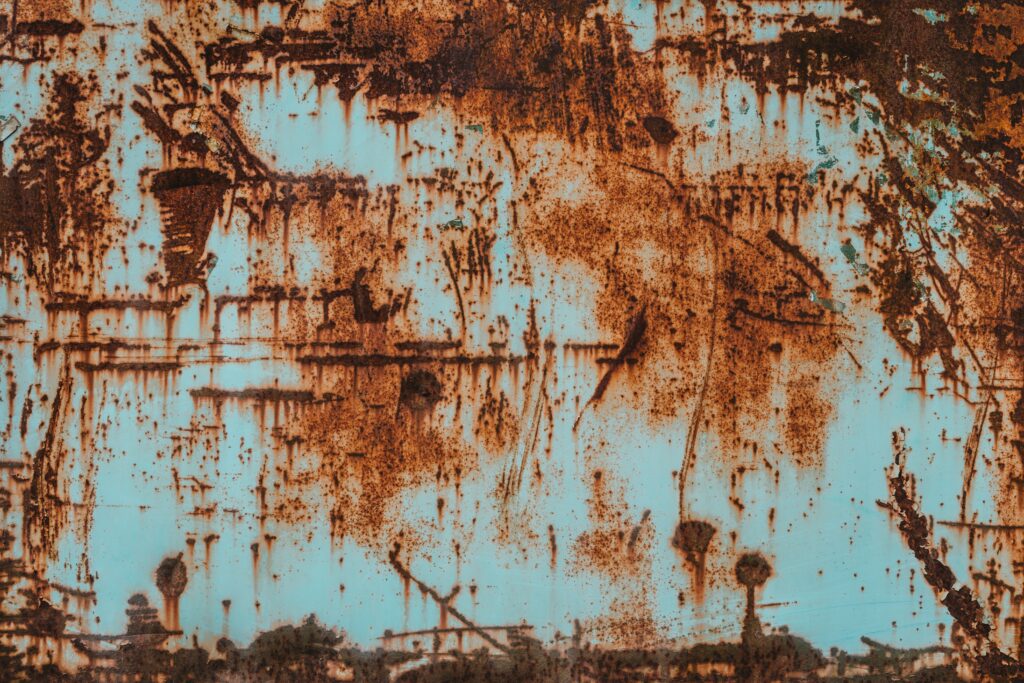You may have never thought about it before, but rust and corrosion can actually have a significant impact on the performance of your exhaust system. As your vehicle ages and is exposed to the elements, rust and corrosion can start to eat away at the metal components of your exhaust, leading to leaks, reduced gas mileage, and even engine damage. In this article, we will explore how rust and corrosion can impact the performance of your exhaust system and discuss ways to prevent and treat these issues. So, if you’re curious about the effects of rust and corrosion on your exhaust system, read on to find out more.
Understanding The Role Of The Exhaust System
Definition of an exhaust system
An exhaust system is a vital component of a vehicle that is responsible for the safe removal of exhaust gases produced as a result of the combustion process. It consists of various interconnected parts designed to channel these harmful gases away from the engine and out of the vehicle.
Primary functions of the exhaust system
The primary functions of an exhaust system are to minimize noise, redirect and filter harmful emissions, and enhance the overall performance and fuel efficiency of the vehicle. By expelling exhaust gases, it helps maintain optimal engine performance and ensures a smooth and enjoyable driving experience.
Common components of the exhaust system
The exhaust system is made up of several key components, including the exhaust manifold, which collects exhaust gases from the engine cylinders, the catalytic converter, which helps reduce harmful emissions, the muffler, which reduces noise, and various pipes and connectors that direct the exhaust gases towards the rear of the vehicle. Each component plays a crucial role in the overall functioning of the exhaust system.
Defining Rust And Corrosion In The Context Of The Exhaust System
Definition of rust
Rust is a common type of corrosion that occurs when iron or other metals come into contact with oxygen and moisture. It is a chemical process that causes the metal to weaken and crumble over time. In the context of an exhaust system, rust can occur on any metal component, including the exhaust pipes, muffler, or even the exhaust manifold.
Definition of corrosion
Corrosion, on the other hand, is a broader term that encompasses the deterioration of any material due to chemical or electrochemical reactions. While rust is a specific type of corrosion, there are other forms of corrosion that can affect the overall condition and performance of the exhaust system. These can include pitting corrosion, galvanic corrosion, and stress corrosion cracking.
How rust and corrosion occur in exhaust systems
Rust and corrosion in exhaust systems occur primarily due to exposure to moisture, chemicals, and environmental factors. The high temperatures generated by the exhaust gases, coupled with moisture from condensation, provide an ideal environment for corrosion to develop. Additionally, road salt and other corrosive chemicals used during winter months for de-icing purposes can accelerate the corrosion process, particularly in regions with harsh climates.

Common Causes Of Rust And Corrosion In Exhaust Systems
Effects of moisture and weather conditions
Moisture is one of the leading causes of rust and corrosion in exhaust systems. When a vehicle is driven, the temperature difference between the hot exhaust gases and the cooler external environment can lead to condensation on the metal surfaces. This moisture, combined with oxygen, triggers the corrosion process. Harsh weather conditions such as heavy rain, snow, and high humidity can exacerbate the problem, speeding up the corrosion rate.
Exposure to road salt and other corrosive chemicals
In areas where road salt is used to prevent ice formation, the exhaust system is particularly susceptible to corrosion. The salt, when exposed to moisture, forms a corrosive mixture that accelerates the rusting process. Additionally, other corrosive chemicals such as acid rain or industrial pollutants can also contribute to the corrosion of the exhaust system if the vehicle is regularly exposed to these substances.
Influence of vehicle age and lack of proper maintenance
As vehicles age, the protective coatings on the exhaust system components can wear off, making them more vulnerable to rust and corrosion. Regular maintenance, such as cleaning and applying protective coatings, can help slow down the corrosion process. Neglecting proper maintenance and inspections can lead to the accumulation of dirt and debris on the exhaust system, trapping moisture and promoting corrosion.
Visual Signs Of Rust And Corrosion In Exhaust Systems
Physical changes in the exhaust system
One of the most obvious visual signs of rust and corrosion in an exhaust system is the formation of rust spots or patches on the metal surfaces. These patches may appear reddish-brown or yellowish in color, indicating the presence of rust. Additionally, there may be visible cracks or holes in the exhaust pipes or muffler.
Color changes in exhaust components
Healthy exhaust components generally have a silver or metallic appearance. However, when rust or corrosion sets in, the color of the components may change to a darker shade of brown or red. This discoloration is an indication of the presence of rust or corrosion.
Rust or metal particles in exhaust outputs
Another visual sign of rust or corrosion in an exhaust system is the presence of rust flakes or metal particles in the exhaust outputs. When rust forms on the inside of the exhaust pipes or muffler, small particles can break off and be expelled along with the exhaust gases. These particles may be visible as dark specks or flakes in the exhaust emissions.

How Rust And Corrosion Impacts The Performance Of The Exhaust System
Influence on the exhaust flow
Rust and corrosion on the inner surfaces of the exhaust pipes can restrict the flow of exhaust gases. This restriction negatively impacts the performance of the exhaust system by reducing the efficiency of the engine. As a result, the engine may have to work harder to expel the exhaust gases, leading to a decrease in power output and overall performance.
Lowering of the vehicle’s fuel efficiency
When the exhaust system is not functioning optimally due to rust or corrosion, it can also impact the fuel efficiency of the vehicle. A compromised exhaust system with restricted airflow can disrupt the proper air-fuel mixture in the engine, causing it to consume more fuel than necessary. This decrease in fuel efficiency can result in higher fuel costs and more frequent trips to the gas station.
Damage to the catalytic converter and other components
Rust and corrosion can significantly damage the catalytic converter, a critical component of the exhaust system responsible for reducing harmful emissions. When rust particles or corrosive substances accumulate on the surface of the catalytic converter, it can hinder its effectiveness in converting harmful gases into less harmful substances. This can lead to increased emissions and potential damage to other engine components.
Implications On Vehicle’s Health
Increased overall vehicle wear and tear
A rusted or corroded exhaust system can exacerbate overall wear and tear on a vehicle. The excessive heat and moisture generated by the rusting process can cause damage not only to the exhaust system but also to nearby components and systems. It can accelerate the deterioration of surrounding parts, such as suspension components or electrical connections, leading to costly repairs and a decrease in the vehicle’s overall lifespan.
Potential to cause detrimental engine damage
If rust or corrosion is left unchecked in the exhaust system, it can eventually lead to more severe engine damage. The unobstructed flow of exhaust gases is essential for maintaining proper engine performance and preventing the build-up of harmful substances. A compromised exhaust system can lead to increased back pressure and heat build-up, potentially damaging engine valves, pistons, or even the cylinder head.
Possibility of leading to costly vehicle repairs
Neglecting rust and corrosion in the exhaust system can have costly consequences. As the corrosion continues to progress, it can cause structural damage to the exhaust components, resulting in the need for replacement. Additionally, if the damage extends beyond the exhaust system, such as affecting nearby suspension or chassis components, the repairs can become even more expensive. Regular maintenance and addressing rust and corrosion issues promptly can help minimize the risk of costly repairs.

How To Detect Rust Or Corrosion In Your Exhaust System
Inspection of your exhaust system
Regularly inspecting your vehicle’s exhaust system is crucial to detect rust or corrosion early on. Look for any visible signs of rust patches, discoloration, or damage in the exhaust pipes, muffler, and other components. Pay attention to any odd sounds or vibrations during operation, as they may indicate underlying rust or corrosion issues.
Unusual noises from your exhaust
Unusual noises coming from the exhaust system, such as rattling, hissing, or banging sounds, can also be indicators of rust or corrosion. These noises may suggest loose or damaged exhaust components, which can occur due to rust weakening the structural integrity of the system. If you notice any unusual sounds, it is recommended to have your exhaust system inspected by a qualified mechanic.
Decreased performance and fuel efficiency
A sudden decrease in performance or fuel efficiency can be a sign of rust or corrosion affecting your exhaust system. If you notice a drop in power output, reduced acceleration, or increased fuel consumption, it is advisable to have your vehicle inspected. Rust or corrosion-induced restrictions in the exhaust system can directly impact engine performance and fuel efficiency.
Treatment And Solutions For Rust And Corrosion In Exhaust Systems
Possible repair methods and their effectiveness
When addressing rust or corrosion in an exhaust system, the appropriate repair method depends on the severity of the damage. For minor rust spots, sanding and repainting the affected areas can help stop the corrosion process and restore the appearance of the components. In more severe cases, using rust converters or applying specialized protective coatings can provide a temporary solution.
Pros and cons of exhaust system replacement
In cases where the rust or corrosion has caused significant structural damage to the exhaust system components, replacement may be the most effective solution. While it can be a costly option, a new exhaust system ensures optimal performance and minimizes the risk of future rust or corrosion issues. It is essential to consult with a reputable mechanic to determine the best course of action based on the specific condition of your exhaust system.
Maintaining an exhaust system after treatment
After addressing rust or corrosion in an exhaust system, regular maintenance is crucial to prevent future issues. This includes periodically inspecting the system for any signs of new rust or corrosion, cleaning the components to remove dirt and debris, and applying protective coatings to prevent further damage. Additionally, taking steps to minimize exposure to moisture, chemicals, and harsh weather conditions can help prolong the life of the exhaust system.
